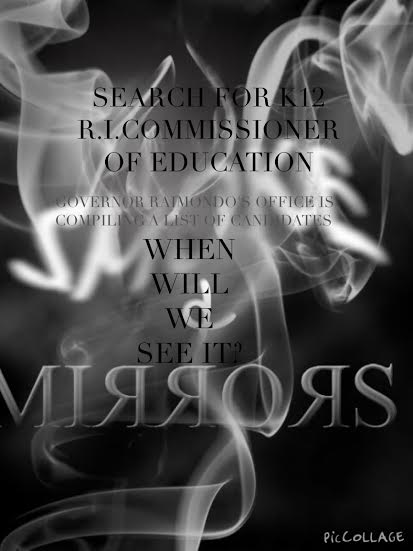
Listening to Robert Pollin speak, I could not help but think about the backwards, corporatist thinking that has lead Governor Gina Raimondo to conclude that building a natural gas energy plant in Burrillville is the right move for Rhode Island. Pollin is professor of economics at UMass Amherst and one of Foreign Policy magazines, “100 Leading Global Thinkers for 2013.” He was delivering the plenary (along with Emily Kawano, who I will get to in a future piece) at the Center for Popular Economics‘ 2015 Summer Institute Northhampton MA.
“Fracking is disastrous,” says Pollin, “burning natural gas means we will never hit the goal” necessary to avert global climate catastrophe. On the other hand, “Building a Green Economy is good for jobs.”
Green jobs create more jobs per dollar invested than other types of energy jobs. Green jobs are are better “in every country, without exception.” Pollin says he’s done the research and has the data to prove his point. He traveled recently to Spain, with its 23 percent unemployment, where he consulted with the leftist party Podemos. Spain generates 50 percent of its electricity through wind power, but the ruling right wing party, under austerity, has cut subsidies to renewable energy in favor of importing more fossil fuels.
Currently CO2 emission levels are about 33 billion tons a year. In order to stave off climate catastrophe, the most conservative estimates are that the world needs to decrease these emissions by half by mid century. Instead, we are on track to increase CO2 emissions to $41 billion tons a year. “We are going to miss our goal,” says Pollin, “by 100 percent.”
Unlike many economists, Pollin is optimistic that the goal can be met, and that economic growth can be maintained. “If we invest on the order of 1.5 percent GDP in energy efficiency,” says Pollin, “and invest in clean, renewable energy- Solar, wind, small scale hydro, geothermal,” we could in theory prevent the worst effects of global climate catastrophe. In Pollin’s calculations, nuclear energy is eliminated completely.
One big hurdle is the myth “holding back a progressive coalition between labor and the environment” and that myth is that we can’t both save the environment and create jobs. But transitioning to a green economy will create more jobs than the Keystone Pipeline (or a new natural gas energy plant in Burrillville) ever will.
Labor is not on board with this message yet. When Pollin mentioned his research at a conference a few years back, Damon Silvers, policy director of the AFL-CIO reacted poorly. But Pollin is adamant.
“If you invest in anything at all, you will create jobs…” points out Pollin, but, “A Green economy is good for jobs. Building the green economy is good for jobs. Much better for jobs than sustaining the fossil fuel economy. Three times as many jobs.”
Natural gas is not the answer, though the fossil fuel industry is eager to sell us on the idea that it is. People like the Koch Brothers, who mean to spend nearly a billion dollars to elect the next President of the United States, don’t care about the environment. They have a business to run dependent on keeping us buying their products. Many people advising Governor Raimondo are also heavily invested in or tied to the fossil fuel industry, such as Scott DePasquale, chairman of the Governor’s Cybersecurity Commission.
Green jobs and green energy will be disruptive and create enormous economic opportunities. In January the Financial Times reported that “ that Edison Electric Institute warned that utilities are facing disruption similar” to the kinds of technological and financial disruptions that rendered land lines obsolete as cellphone technology swept the world.
“Distributive energy systems do not require a utility at all,” says Pollin.
Imagine that. Yet Rhode Island is preparing to commit to a plan that will tie us all to burning fossil fuels well into the middle of the 21st century, the environment and our children’s children be damned.
There is a rally planned for Tuesday morning at the State House to protest the new Power Plant.



